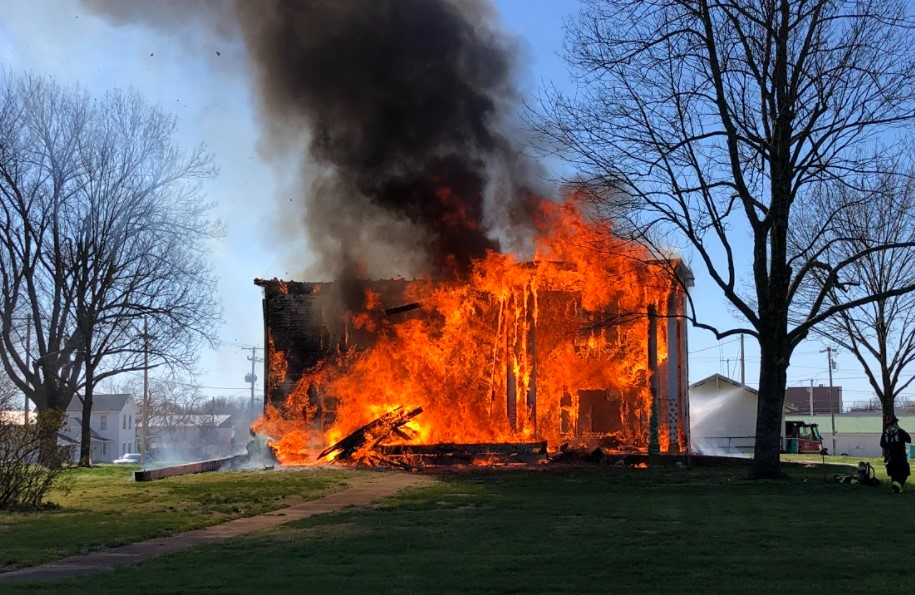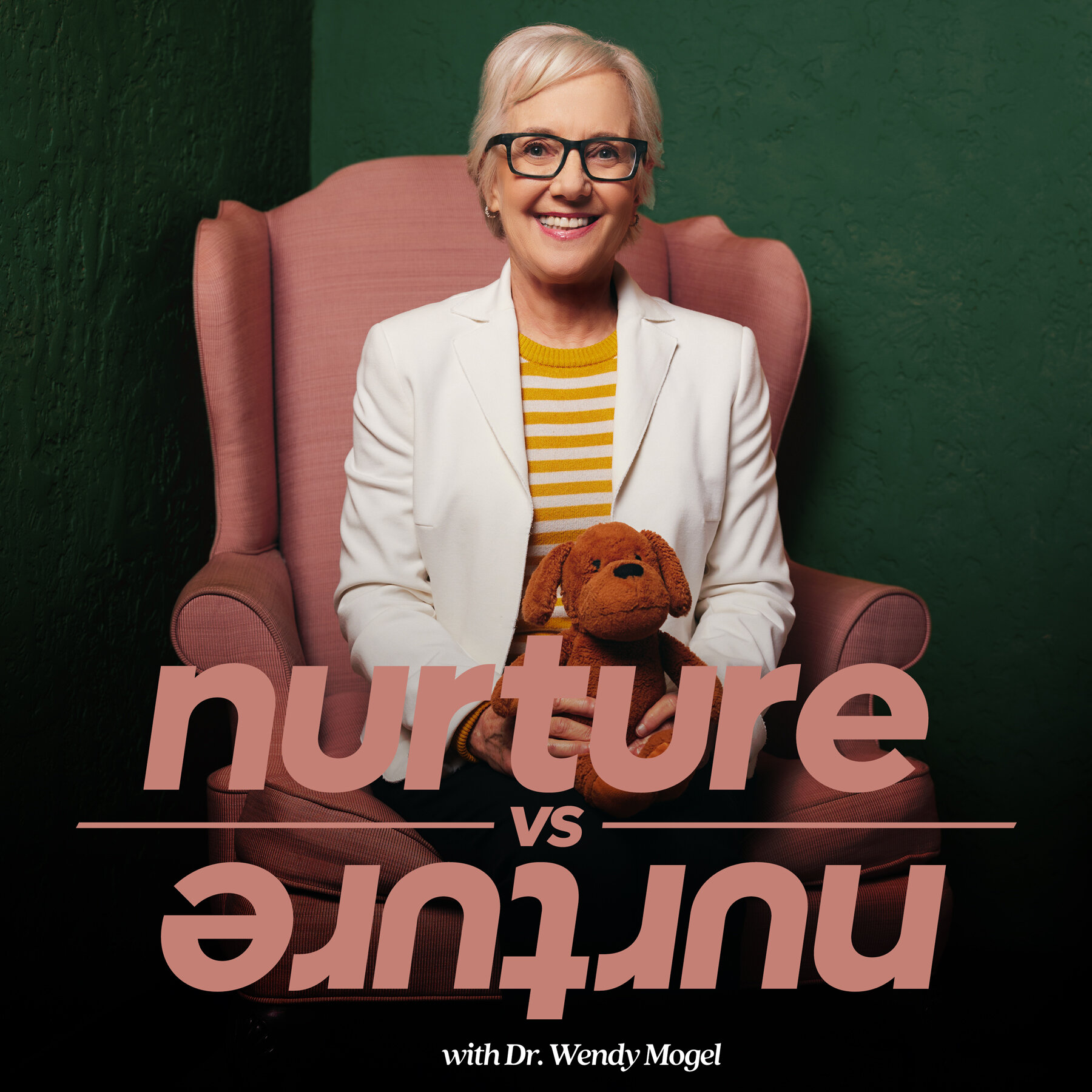I strongly believe that we can’t truly understand another person’s perspective. We are impressive concoctions of nuance and layers that cause us all to experience life differently. However, through the power of empathy, we can get really close. We can imagine the emotions and sensations that are universal among all human beings, and that is our portal to connection and understanding to the best of our ability.
Yesterday, the Supreme Court ruled in favor of a website designer who doesn’t want to offer her services to same-sex couples who are seeking wedding websites. I was in the parking lot of a local food chain when I saw the headline. Honestly, I added fried shrimp to my takeout box because what troubled me more than the news was that my body didn’t seem to know how to feel about it. That may shock you just as much as it did me. Because I’m a happily married woman… to another woman. It seems like my response should be pretty cut and dry.
But I was raised Evangelical. My Evangelical beliefs were the dominating factor of my identity for most of my life, far outweighing my timeline of realizing I was a part of the LGBTQ+ community. This complicates my ability to be outraged like I want to. My nervous system has been trained to have a different response. But that also puts me at a unique intersection of groups of people who typically don’t want to interact (as evidenced by this ruling).
For those who were not raised in a fundamentalist religion, there can be great fear attached to anything that could be perceived as affirming an LGBTQ+ person’s life choices. You’re steeped in teachings and communal environments that uphold this “lifestyle” as one of, if not the most, deplorable sins against God. You’re taught that it can spread. You’re taught that there is a secret agenda among queer people to take over, sexualizing the world and making it less and less safe for you and your children. You’re taught that this sin will, in fact, separate you from loved ones and from God for eternity. The lines are very vague, so you have to go to great lengths to create VERY clear separation. As a child, we boycotted Disney because they employed gay people at the amusement parks, and I personally avoided anything with a rainbow (so as to not falsely advertise).
If you didn’t grow up in a fundamentalist environment, that all likely sounds laughable, discriminatory, or manipulative. Try not to dismiss it yet. Go back to the first sentence and notice the emotion: fear.
I feel fear in my chest first. It tightens as my stomach flips. My fingers tingle, and my heart races. If the threat expands, I get narrowed vision and racing thoughts. Soon, my fight or flight instinct will kick in. I will do whatever it takes to stay safe. How do you experience fear? Can you imagine a time you felt your safety was truly threatened? What about for your children?
I assume that’s what the website designer felt when she took this case to a higher court. Her eternity was likely on the line. It might come out as “fight” but I choose to trust the greater good in humans and assume even a fight came from a flooded nervous system based on what she has been taught about the stark lines she needs to draw between herself and anything to be confused with affirming homosexuality. Her identity and safety hinges upon it. I can understand that.
But empathy means I can understand what another person might be experiencing; it does NOT mean I have to affirm or agree with their perspective. The same goes for you. So, will you also try to connect with another experience?
Have you ever felt humiliated? Not embarrassed, that’s a unifying feeling. Have you ever felt shamed by another person? Shame is the emotion attached to the belief that you are bad and not worthy of human connection. What memory do you have to connect you with this experience? Take a second to conjure that memory before reading any further.
It’s uncomfortable, but pause–maybe even close your eyes–and try to feel humiliation in your body. What does it feel like? What do you notice?
For me, tears welled up almost immediately. My cheeks get hot. I find myself shrinking, almost as if I wished I could disappear. It’s definitely an experience of smallness and insignificance. It seems like my body chases it away with anger, as if it’s desperately trying to feel big again.
To have a business owner take a case to the highest court saying, “I don’t want to make my product for those people” is humiliating. Whether it is her intention or not, the impact of her actions and the decision of the Court is shame heaped upon the LGBTQ+ community. Onlookers may only see the anger, but the more vulnerable, safeguarded feeling is humiliation.
And there is also great fear, which you have already imagined. Fear that we will lose more space in the world. Fear that there will be less protections against hate speech and that we could lose housing or the ability to buy other goods. Fear that we will be outcasted even further and that the humiliation will grow into more and more sectors. Fear that the fear inside of those against us will activate their fight or flight instinct to the point of violence and direct harm. I’m afraid.
When I think of these two experiences (one of fear and the other of humiliation), I’m drawn to stories in the Bible–even though it’s often used as a weapon of humiliation against me. This isn’t the first time lines have been drawn between the religious and those they feared would mar their efforts of obedience. What I see, though, is that Jesus crossed those lines repeatedly. He seemed to move toward those who were humiliated and condemn the fear that put them on the margins of society.
The first story that comes to mind is the overcrowded inns at the time of Mary’s labor. Thomas Merton reflects upon there being no guest room for Mary and Joseph:
“Into this world, this demented inn, in which there is absolutely no room for Him at all, Christ has come uninvited. But because He cannot be at home in it, because He is out of place in it, and yet He must be in it, His place is with those others for whom there is no room. His place is with those who do not belong, who are rejected by power because they are regarded as weak, those who are discredited, who are denied the status of persons, tortured, exterminated. With those for whom there is no room, Christ is present in this world.”
Women had to spend time away from their community during their periods because of uncleanliness. God, Himself, chose to come into the world through a vagina. Covered in uterine blood and fluid, stuck with hay and lingering feces. He was greeted by shepherds.
God chose to clothe himself in brown skin, not melanin with power.
Jesus was the son of unwed parents. They were cast out.
Jesus went to the lepers, those who were cast aside because of contagion.
Jesus formed his closest group of friends with a rag-tag group of outcasts.
Jesus invited kids onto his lap and broke bread with women–people who were supposed to be seen, not heard.
Jesus was murdered next to two criminals.
Jesus spoke with a Samaritan woman at a well… they were both there during the hottest point in the day because they were likely outcasts.
When I see these stories, my fear calms a little. Because God is Love, and Love finds a way of meeting those who are humiliated by society. I’ve experienced it time and time again. I am reminded.
And I also hope that this Perfect Love casts out the fear that has been ingrained into the nervous systems of fundamentalist believers all over our world. A fear that heightens their senses to any potential threat that will separate them from God. This fear divides, it sows shame, it discriminates, it is violent, and it slowly erodes the lives of those who feel it. This fear is not of God. It is not good fruit.
Because–from what I’ve experienced so far–the only thing that kept me separate from God was the belief that I could be. When I white knuckled the inner circle, I was blind to the fact that God was on the margins. Because I could only truly feel that Love when my cultivated identity of obedience crumbled and the raw, honest human–humiliated–felt my head lifted and affirmation lauded. Not on my actions or my choices… but on me.




